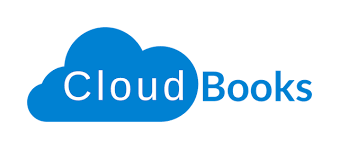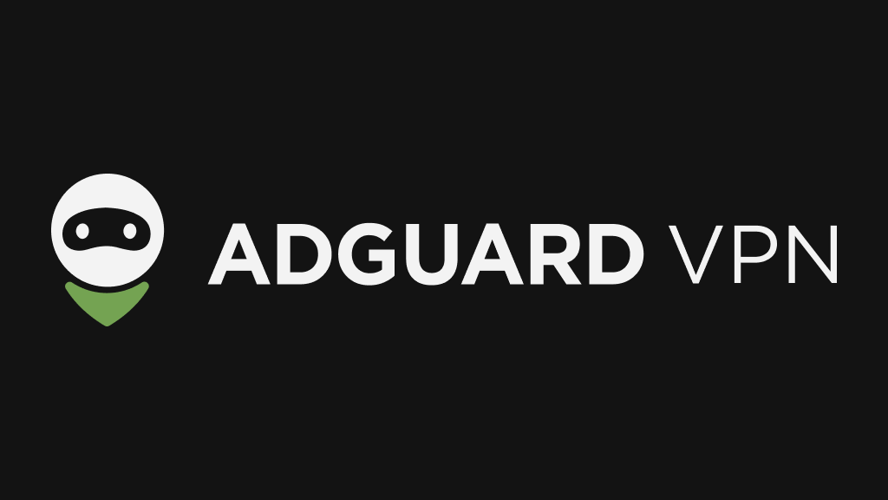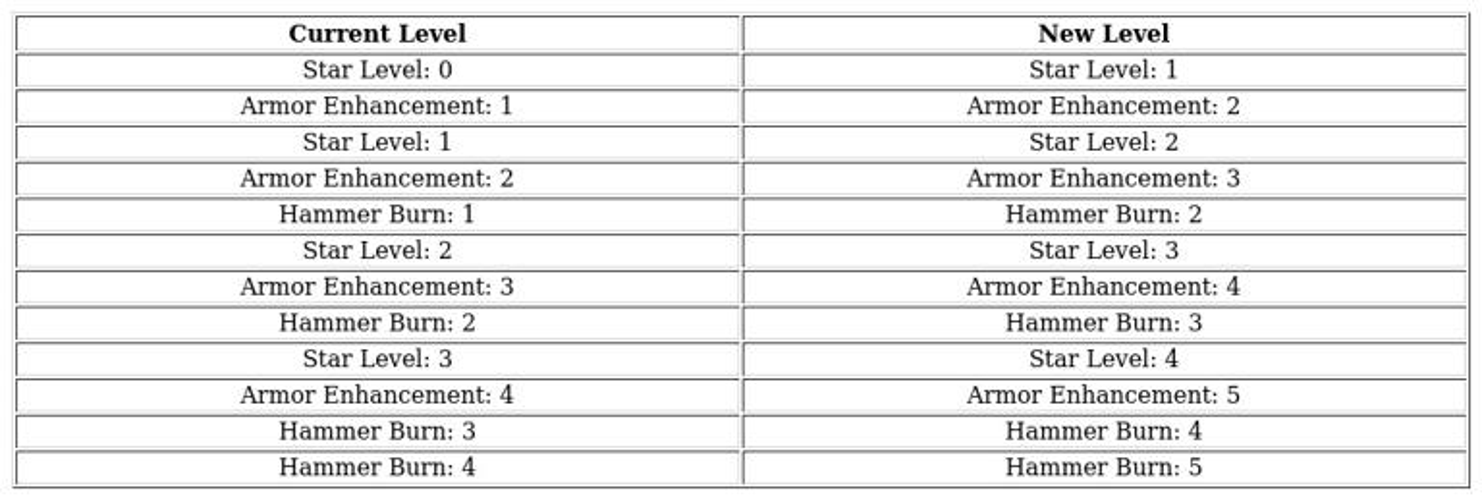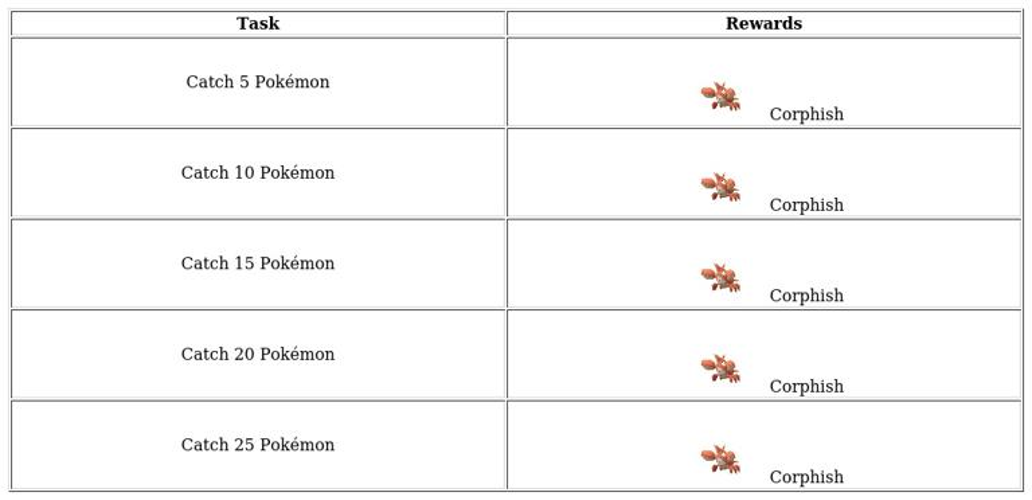Cloud Books and VAT Returns: The Future of Efficient Tax Management

In the modern business landscape, digital transformation is reshaping every aspect of financial management. Among the most significant advancements is the rise of cloud-based accounting systems, commonly referred to as cloud books. These innovative tools have revolutionised how businesses handle bookkeeping, taxation, and compliance. One area where cloud books are making a substantial impact is VAT returns.
For businesses of all sizes in the UK, managing VAT efficiently is not just a legal requirement but also a vital part of maintaining financial health. Cloud-based accounting has simplified this process, offering automation, accuracy, and real-time access to financial data. This article explores how cloud books help businesses manage VAT returns effectively, the benefits they offer, and why switching to cloud accounting is a wise move in the era of Making Tax Digital (MTD).
Understanding VAT Returns
VAT (Value Added Tax) is a consumption tax charged on most goods and services sold by VAT-registered businesses in the UK. When a business is VAT registered, it must charge VAT on its sales and can reclaim VAT paid on its purchases.
A VAT returns summarises how much VAT a business owes to HMRC (Her Majesty’s Revenue and Customs) or how much it can reclaim. Most VAT-registered businesses must submit their returns quarterly, detailing:
-
Total sales and purchases
-
VAT charged on sales (output tax)
-
VAT paid on purchases (input tax)
-
The amount payable to or reclaimable from HMRC
While the process might sound simple, manual VAT calculations and submissions are prone to human error, missed deadlines, and compliance issues. This is where cloud books provide an efficient and compliant alternative.
What Are Cloud Books?
Cloud books are online accounting systems that store financial data securely in the cloud rather than on a local device. This allows business owners, accountants, and bookkeepers to access financial information from anywhere at any time.
Unlike traditional accounting software that requires installation and manual backups, cloud books operate through an internet browser or app. Data is automatically updated, synced, and backed up securely. Popular cloud accounting platforms include QuickBooks Online, Xero, Sage Business Cloud Accounting, and Zoho Books.
These systems don’t just record income and expenses—they automate financial workflows, generate instant reports, and seamlessly handle VAT return submissions under the Making Tax Digital framework.
How Cloud Books Simplify VAT Returns
Cloud-based accounting software transforms the VAT return process in several key ways:
1. Automated VAT Calculations
Cloud books automatically calculate VAT based on transaction data entered into the system. Whether it’s standard-rated, reduced-rated, or zero-rated sales, the software applies the correct VAT rates and ensures accurate totals. This eliminates the risk of human error that often occurs with manual calculations.
2. Digital Record-Keeping
Under MTD regulations, VAT-registered businesses must maintain digital records. Cloud accounting software automatically stores all invoices, receipts, and expense records digitally. This makes it easy to retrieve records during an audit and ensures compliance with HMRC rules.
3. Direct HMRC Integration
Most cloud books are MTD-compatible, meaning they can connect directly to HMRC’s systems. With a few clicks, businesses can file VAT returns electronically without switching between platforms or manually entering data. The software provides confirmation once the submission is successful, reducing the chances of errors or missed filings.
4. Real-Time VAT Overview
Cloud books provide live dashboards showing your VAT obligations in real time. You can instantly see how much VAT you owe or expect to reclaim, helping you plan cash flow effectively. This transparency makes it easier to avoid unexpected tax bills or late payments.
5. Time and Cost Savings
Traditional VAT return preparation can take hours, involving spreadsheets, reconciliations, and manual data entry. Cloud accounting automates much of this, saving valuable time. It also reduces the cost of hiring external accountants for routine tasks, allowing professionals to focus on higher-value advisory work.
Benefits of Cloud Books for VAT Returns
1. Accessibility Anywhere, Anytime
With cloud accounting, financial data is available on any device with an internet connection. Whether you’re in the office, at home, or travelling, you can review transactions, reconcile accounts, and file VAT returns with ease.
2. Accuracy and Compliance
Cloud books are built to comply with HMRC’s Making Tax Digital rules. Automated calculations and direct submissions ensure accuracy and reduce the risk of non-compliance penalties.
3. Improved Collaboration
Multiple users—such as business owners, bookkeepers, and accountants—can access the same set of data simultaneously. This makes collaboration smooth and efficient, especially when reviewing VAT reports or correcting discrepancies.
4. Cost-Effective Accounting
Cloud-based software operates on affordable monthly subscriptions with no need for expensive installations or updates. Many platforms also include automatic upgrades, ensuring you always work with the latest features and tax compliance tools.
5. Enhanced Security
Data stored in the cloud is protected using advanced encryption and secure servers. Regular automatic backups ensure your financial records are safe, even if your device is lost or damaged.
6. Integration with Other Tools
Cloud accounting systems can integrate with a range of business apps—such as payroll, CRM, and e-commerce platforms. This ensures all financial data flows automatically into one central system, making VAT reporting seamless.
Cloud Books and Making Tax Digital (MTD)
The UK government’s Making Tax Digital (MTD) initiative aims to modernise the tax system by requiring digital record-keeping and online tax submissions. Since 2019, most VAT-registered businesses must file their VAT returns using MTD-compatible software.
Cloud books meet these requirements perfectly. They provide digital record storage, ensure compliance with MTD guidelines, and enable direct VAT submissions to HMRC through a secure API connection.
Some platforms even send reminders for upcoming VAT deadlines, helping businesses avoid late submission penalties.
Getting Started with Cloud Books for VAT Returns
Transitioning to cloud accounting is straightforward. Here’s how businesses can get started:
-
Choose a Suitable Cloud Accounting Platform:
Select software that fits your business size, budget, and industry. Look for MTD compatibility and VAT-specific features. -
Migrate Existing Data:
Import previous records, invoices, and VAT history into the new system. Most providers offer step-by-step migration assistance. -
Set Up VAT Settings:
Configure VAT rates, registration numbers, and reporting periods according to HMRC guidelines. -
Connect to HMRC:
Authorise your software to communicate directly with HMRC for VAT submissions. -
Record Daily Transactions:
Enter sales and purchases regularly to keep your accounts up to date. Many platforms automatically sync data from bank feeds. -
Review and Submit VAT Returns:
Before submission, review the VAT summary for accuracy. Once confirmed, submit directly through the cloud software and receive instant acknowledgment from HMRC.
Why Businesses Are Switching to Cloud Accounting
More businesses are moving from traditional bookkeeping to cloud-based solutions due to:
-
Ease of use and automation
-
Cost savings on accounting fees
-
Better compliance with tax laws
-
24/7 access to updated financial data
-
Improved decision-making through analytics and reports
Cloud books empower businesses to manage their finances efficiently while ensuring that VAT returns are accurate, timely, and compliant.
Conclusion
As UK businesses adapt to digital transformation and Making Tax Digital regulations, using cloud books for managing VAT returns is becoming a necessity rather than an option. These intelligent systems simplify the entire VAT process—from calculation to submission—while offering real-time financial insights and robust compliance features.
By adopting cloud accounting, businesses can save time, reduce errors, and ensure they stay on the right side of tax law. Whether you’re a small business owner or a growing enterprise, cloud books are the smart, secure, and future-ready way to handle your VAT returns.





